Call It Sleep
.jpg)
CALL IT SLEEP
HENRY ROTH
With an introduction by ALFRED KAZIN and an afterword by HANA WIRTH-NESHER
FARRAR, STRAUS AND GIROUX NEW YORK
Introduction copyright 1991 by Alfred Kazin Afterword copyright 1990 by The Johns Hopkins University Press Copyright 1934 by Henry Roth Copyright renewed 1962 by Henry Roth Ail rights reserved Printed in the United States of America Published in Canada by HarperCollmsCaiada Lid This edition first published in 1991 by The Noonday Press
Fourteenth printing, 1999
The introduction by Alfred Kazin Ant appeared in The New York Review of Books. The afterword by Hana Wirth-Nesher first appeared in Prooftexts 10 (1990): 297-312, reprinted by permission of the author and The Johns Hopkins University Press.
.jpg)
To Eda Lou Walton


Henry Roth
Introduction
Call It Sleep is the most profound novel of Jewish life that I have ever read by an American. It is a work of high art, written out of the full resources of modernism. It subtly interweaves gutter, cellar, sexual and religious taboos with the overwhelming love between a mother and son. It brings together the darkness and light of Jewish immigrant life before the First World War as experienced by a very young boy, really a child, who depends on his imagination alone to fend off a world so hostile that it begins with his own father.
It was first published in that most unpromising year at the bottom of the Great Depression - 1934! Looking at that date and marveling at this novel, which took in so much of Henry Roths central experience that he never published another, people must rub their eyes. Surely the depressed 1930s produced nothing but proletarian literature and other instances of left-wing propaganda? A fashionable critic in the opulent years after 1945 scorned the 1930s as an imbecile decade. He explained - with the usual assurance of people who have more than enough to eat - that the issues in literature are not political but moral. Anyone who thinks political and moral are unrelated is certainly living in a world very different from the 1930s - or the 1990s.
The art-fever of the modernist 1920s (more first-rate work was produced than in any other single period of American literature) continued well into the 1930s and did not fade until Hitlers war. Henry Roth, twenty-eight when Call It Sleep was published, was as open to the many strategies of modernism as he was to political insurgency. The book owes a great deal to a remarkable woman teaching literature at New York University, Eda Lou Walton. Her bond with Roth helped make his book possible. Though the book
was not properly welcomed or understood until it was reissued in paperback in 1964, it has become a world favorite, with millions of copies in print. We can see now that the book belongs to the side of the 1930s that still believed in the sacredness of literature, whether or not it presumed to change the world. People discover with a start that the 1930s saw the best of Faulkners novels from The Sound and the Fury to The Wild Palms, Eliots Ash Wednesday, Hart Cranes The Bridge, Dos Passoss U.S.A., Katherine Anne Porters Flowering Judas, Edmund Wilsons Axels Castle, Fitzgeralds Tender Is the Night, Henry Millers Tropic of Cancer, Steinbecks The Grapes of Wrath, Thornton Wilders Our Town, Nathanael Wests The Day of the Locust, Richard Wrights Native Son, Hemingways For Whom the Bell Tolls.
What Call It Sleep has in common with these lasting works is a determined sense of art sustaining itself in a fallen world, a time of endless troubles, of political and social fright. The world was visibly shaking under the blows of economic catastrophe, political mob hysteria, the Fascist domination of Europe, fear of another world war. And no one was likely to feel the burden of the times so keenly as a young Jew starting life in a Yiddish-speaking immigrant family enveloped in the Lower East Sides physical and human squalor.
That last sentence could describe Michael Gold in his autobiographical Jews without Money (1930), an eloquent but primitive outpouring of emotion that concludes with a rousing call to Communism as the new Messiah. What from the very beginning makes Call It Sleep so different from the usual grim realism of Lower East Side novels is the intractable situation described in Albert Schearls bitterness against his tenderly loving wife, Genya, and their little boy, David. The father is an uncompromisingly hostile workingman, a printer by trade, driven from one shop to another by his ugly temper. They look at me crookedly, with mockery in their eyes! How much can a man endure? May the fire of God consume them! This is his complaint, spoken in Yiddish and rendered by Roth in an English that sounds more lofty than it was in Yiddish. Albert Schearl has been driven almost insane by his resentment of his wifes ancient affair in the Old Country with a Gentile. It pleases him to suspect that David is not his son.
This, the dramatic foundation and background of the book, may not be enough to explain Alberts unrelenting vituperation of his wife and his rejection, in every small family matter, of the little boy. David is not just unloved, he is violently hated by his father. The father shudderingly regards him as a kind of untouchable. The boy not only depends exclusively and feverishly on his mother but, in the moving story of his inner growth, becomes a determined pilgrim searching for light - light away from the cellar whose darkness pervades the first section of the novel, away from the dark cave in which the father has imprisoned mother and son.
Albert Schearl is a violent character, at times so frenzied in his choked-up bitterness and grief that the introspection at the heart of his sons character - the boy wanders the neighborhood and beyond in search of a way out - must be seen as the only rebellion open to him. Whatever the sources of Albert Schearls madly sustained daily war on his wife and son - he is perhaps less a jealous husband than a maddened immigrant unable to feel at home in the New World - Roths honesty in putting this at the center of the book is remarkable. The idealization of family in Jewish literature does not necessarily subscribe to actual facts. Jews from Eastern Europe did not always emigrate because of anti-Semitism. The enmity sometimes lay within the family itself, as has been known to happen everywhere. Instead of sentimentalizing the family situation, Roth turned husband, wife, and son into the helpless protagonists of an obvious and uncompromising Oedipal situation. I can think of no other novel except D. H. Lawrences Sons and Lovers in which mother and son are so fiercely glued to each other. The father is excess, the outsider he has made of himself and plainly wants to remain.
In Sons and Lovers (as in lesser works on the same theme) the father is extraneous because he has lost for the mother the sexual charm that first attracted her. In Call It Sleep Genya timidly loves Albert for all his brutality. She is prepared to love him more freely, if only he can stop berating her. He is so steadily in eruption that he virtually forces mother and son on each other. If Albert in his daily rage somehow reflects his unconscious bitterness at being held down in the Golden Land, there is also the fact that Genya became his wife in the Old Country (Austrian Galicia), whatever
Next page
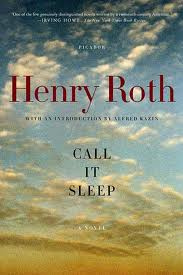
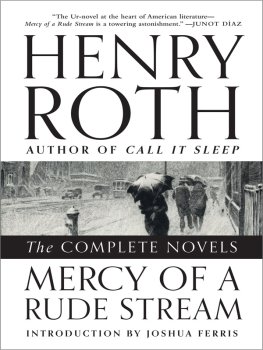
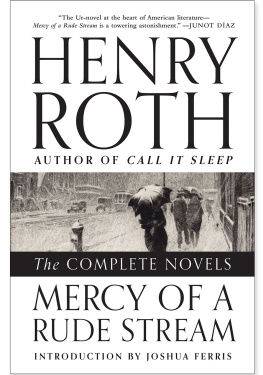
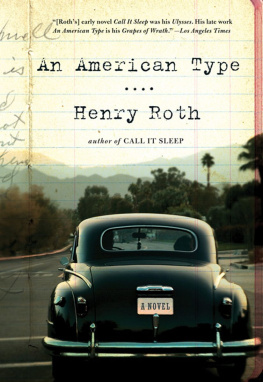
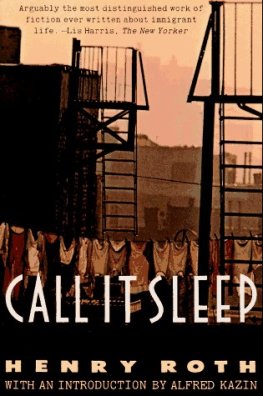



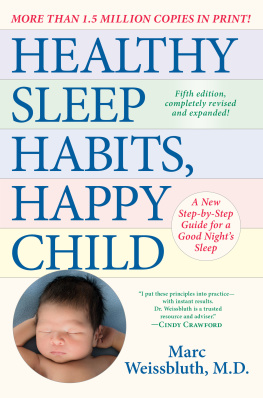
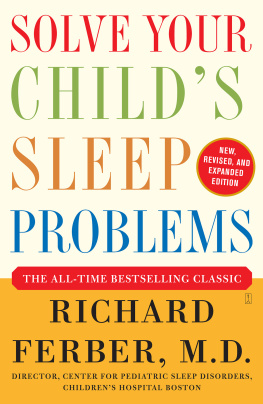
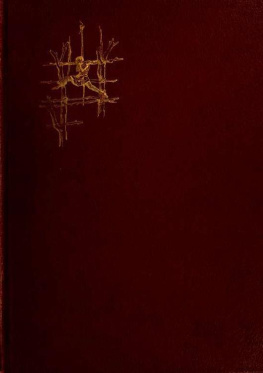
.jpg)
.jpg)


